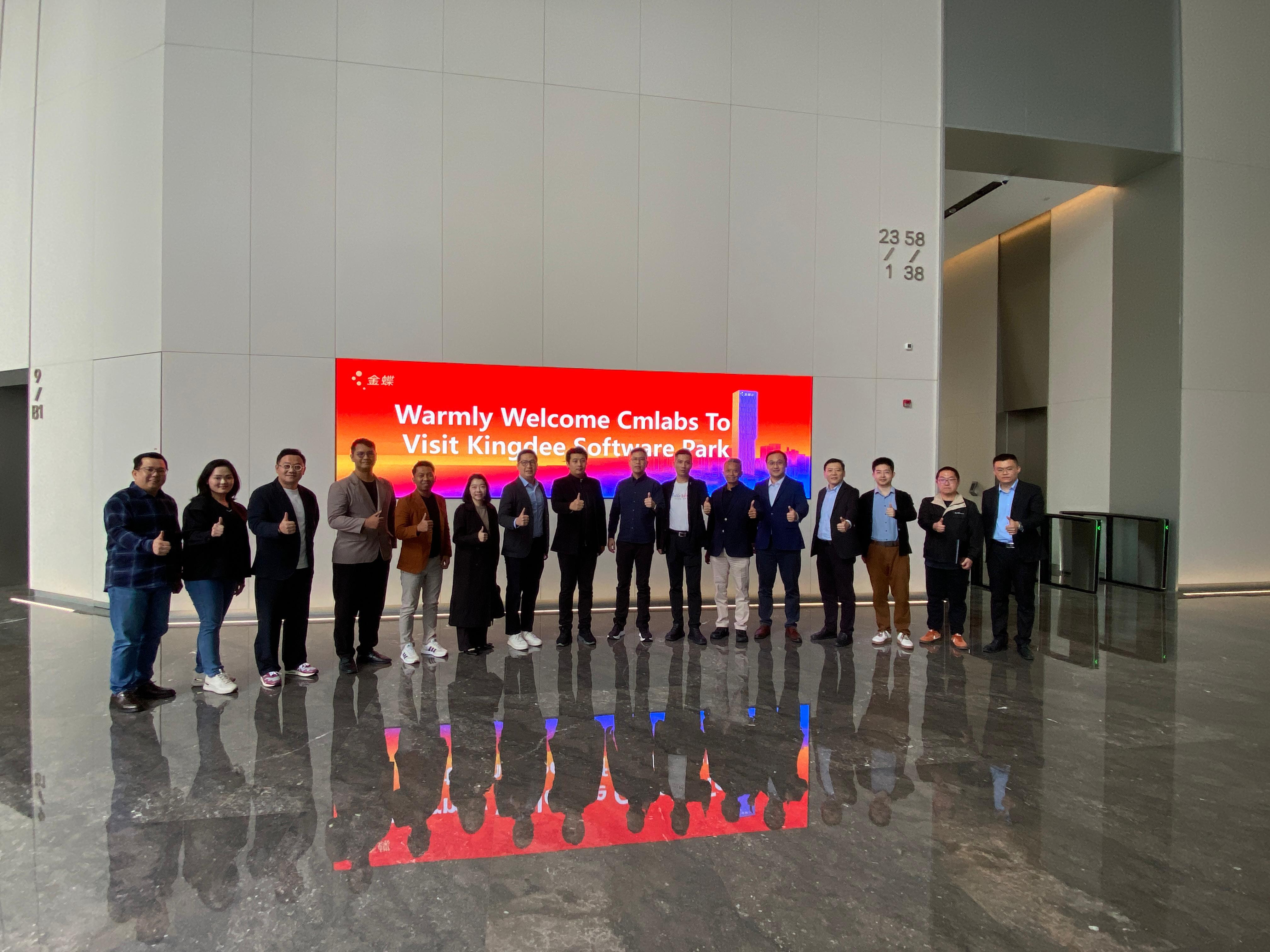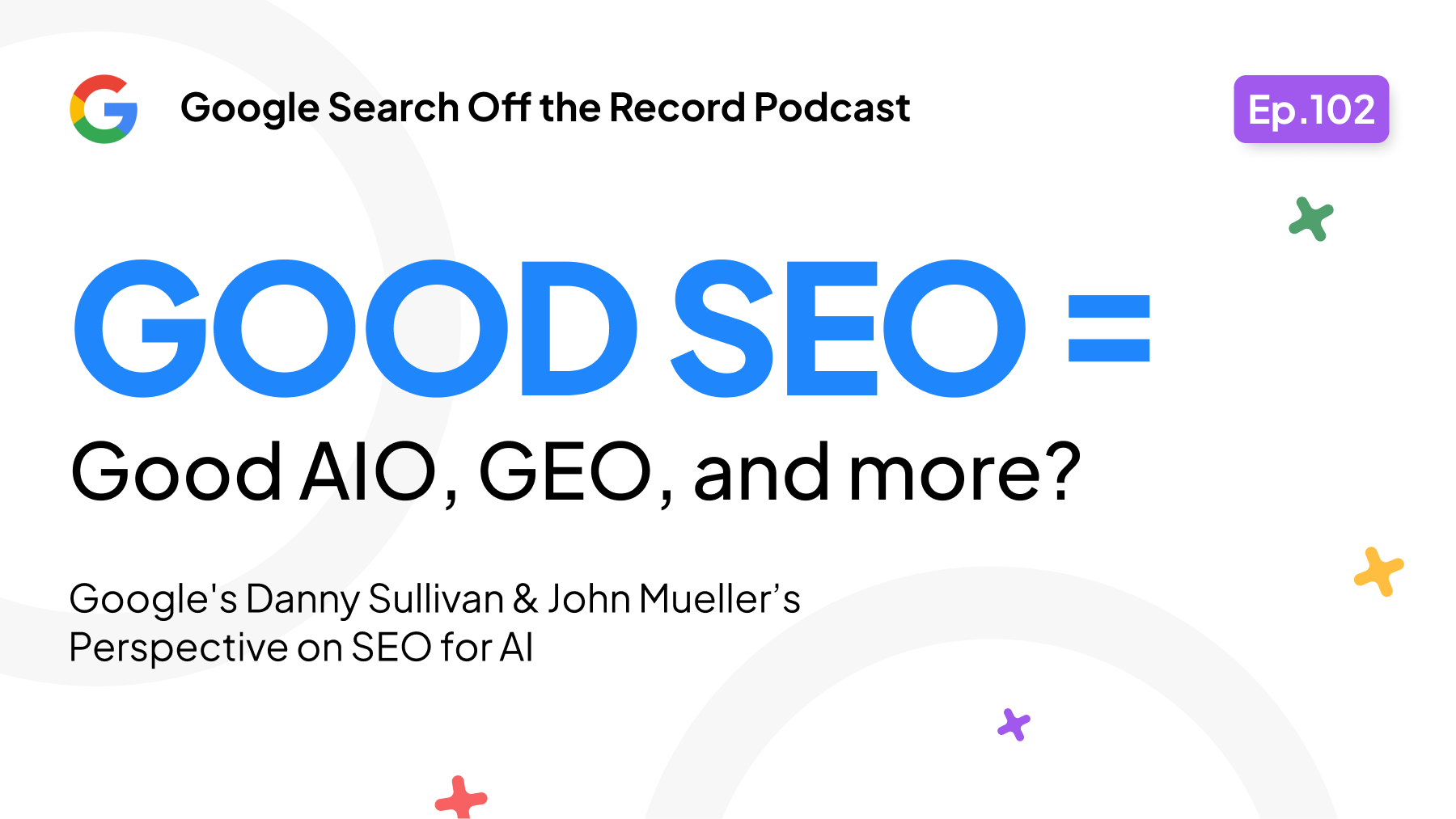Google Updates Spam Policy Related to Parasite SEO Content

Google has once again tightened its spam policies regarding parasite SEO content created to manipulate rankings. Read more here!
Key Takeaways
-
Google has begun tightening its spam policies on parasite SEO content designed to exploit rankings.
-
Google will take strict action against websites employing parasite SEO practices.
-
Examples of parasite SEO content include blogs published on unrelated or irrelevant websites to the main site through affiliate marketing strategies.
Google’s Helpful Content Update, released in 2022, serves as a guideline to prioritize content quality while penalizing websites that use manipulative SEO tactics, including parasite SEO.
However, at the end of 2024, Google updated its spam policy concerning parasite SEO content, reaffirming its commitment to strictly penalize websites using these practices to manipulate rankings in search results.
What Is Parasite SEO?
Parasite SEO is a technique commonly used among digital marketers. This practice is typically employed to boost the ranking and authority of a website. However, Google has officially declared that this activity is a form of exploitation and is often categorized as a black hat SEO technique.
In general, parasite SEO is conducted by placing content on high-authority domains through guest posts, mutually beneficial collaborations, or even by hacking websites with low security.
As mentioned above, one of the main objectives of parasite SEO is to quickly achieve high rankings, even when targeting keywords with extremely high search volumes.
The method behind parasite SEO typically involves leveraging high-authority domains to bypass Google’s sandbox effects or monetizing through affiliate links, paid promotions, ad placements, and more.
Google’s Statement on Parasite SEO
As one of the largest search engines, Google has announced that it will tighten its regulations regarding the publication of parasite SEO content under its Spam Policy.
According to Google, this activity constitutes “site reputation abuse,” regardless of whether the content was created intentionally or unintentionally (e.g., involving third parties in the process).
“Since the launch of Google’s Spam Policy, we have reviewed various possible scenarios, including partnerships with white-label services, licensing agreements, ownership agreements, and other business arrangements,” wrote Chris Nelson in a Google blog post.
Chris Nelson further stated that the level of first-party involvement does not change the nature of the content as third-party material, nor does it justify unfair and exploitative practices to take advantage of the host site’s ranking signals.
This means parasite SEO activities are still considered a violation of Google’s policies, even if they involve first-party collaboration or appear to follow legitimate methods. Google emphasized its commitment to maintaining a fair search ecosystem free from content manipulated for one-sided benefits.
Google's Policy on Parasite SEO
Google's new policy regarding site reputation abuse has been in effect since May 5, 2024, following the core update on April 19, 2024.
Through its official account on Platform X, Google emphasized that the site reputation abuse policy would take effect after May 5, 2024.
Google defines site reputation abuse activities as publishing irrelevant content, such as posting online loan reviews on reputable educational websites (which are entirely unrelated), solely to exploit the ranking and reputation of the online loan site.
In its new policy, Google states that “third-party content produced to manipulate rankings without adequate oversight from site owners” will be considered spam.
Moving forward, Google will implement both automated and manual actions against content deemed to violate this policy. These measures aim to maintain the quality of Google’s search results and protect users from irrelevant or misleading content.
News Sources
As a dedicated news provider, we are committed to the accuracy and reliability of the information we deliver. We go the extra mile by attaching credible sources to support the data and information presented.
- Google Search Central - https://developers.google.com/search/docs/essentials/spam-policies
Risca Fadillah
As an SEO Writer, I stay up-to-date with the latest SEO practices and industry insights to craft content that is search-optimized, credible, and genuinely valuable, designed to perform at its best on SERPs.
Another post from Risca
cmlabs Unite with Zhongnan Group to Strengthen the Foundation of Global-Standard Digital Creative Assets
Wed 18 Feb 2026, 15:02pm GMT + 7Collaboration cmlabs x Kingdee, a Leading Chinese ERP Company, Expands Global ERP Access in Indonesia
Tue 10 Feb 2026, 10:15am GMT + 7Good SEO Is Good AIO? Google's Danny Sullivan & John Mueller’s Perspective on SEO for AI
Mon 05 Jan 2026, 15:42pm GMT + 7Example of Customer Loyalty Programs to Attract Repeat Orders
Tue 30 Dec 2025, 15:21pm GMT + 7More from cmlabs News your daily dose of SEO knowledge booster
In the development of its latest search engine, Bing has partnered with GPT-4 to deliver the most advanced search experience. Here are the details.
Bard, an experimental conversational AI service, combines information with language model intelligence. Check out the details here.
With the rapid advancement of AI technology, major search engines like Google and Bing are now equipped with their respective generative AI. Here is the detail.
WRITE YOUR COMMENT
You must login to comment





All Comments (0)
Sort By